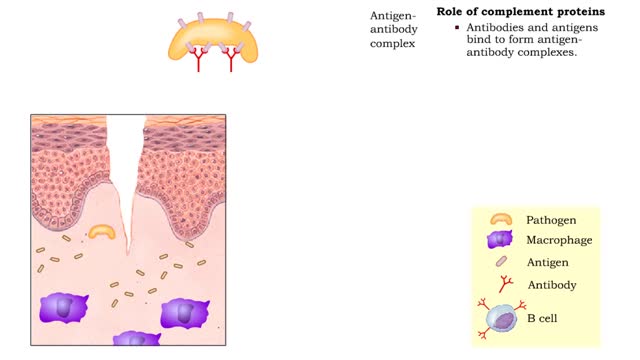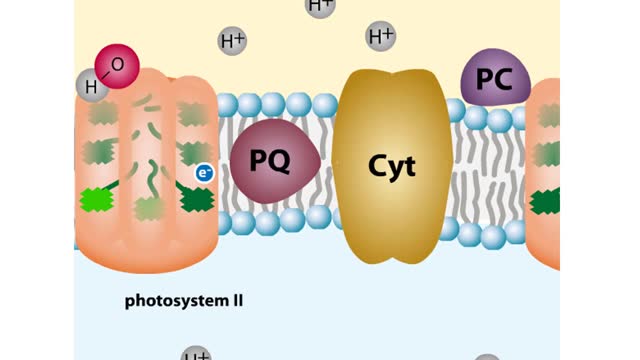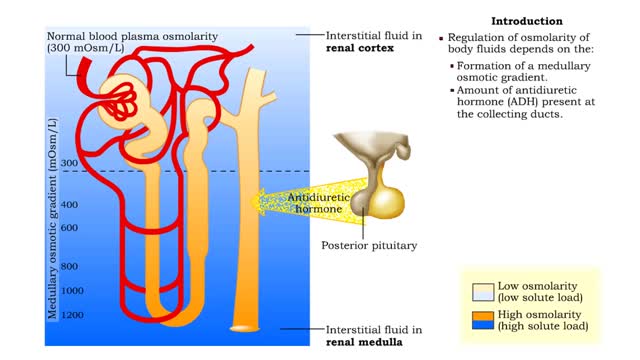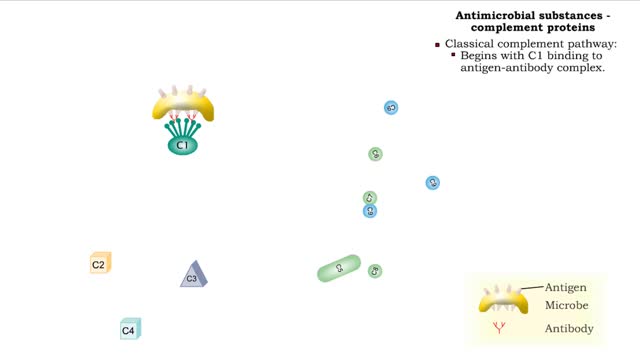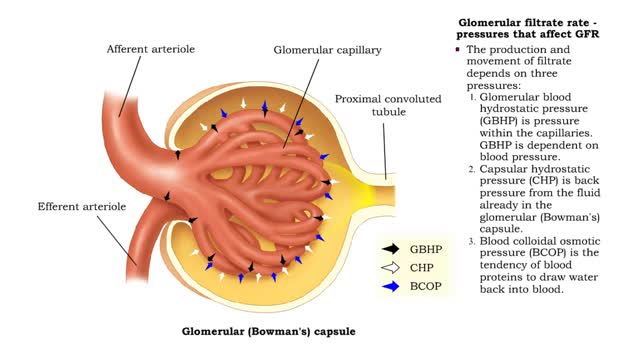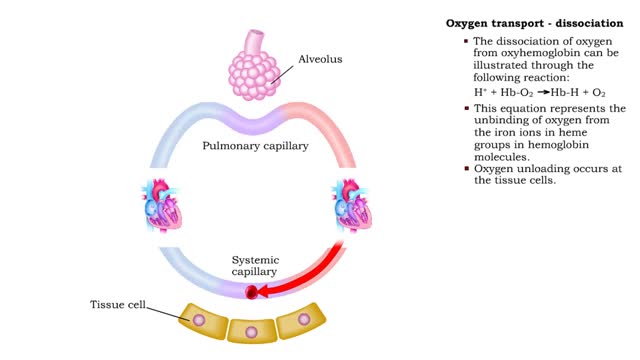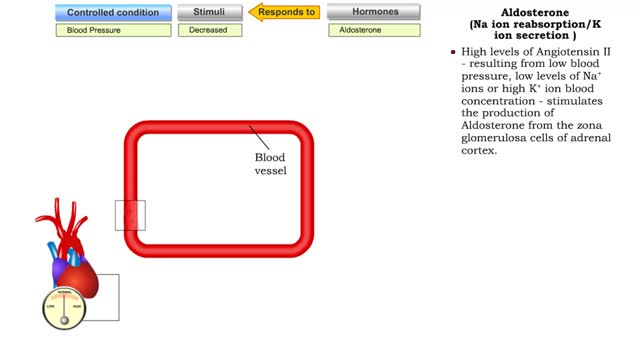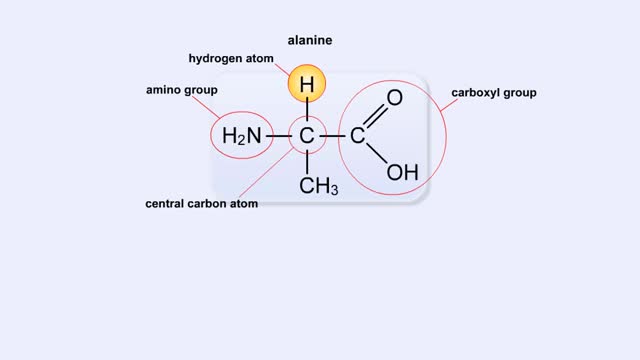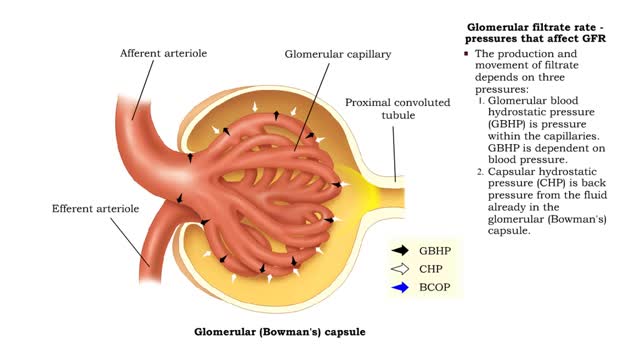Search Results
Results for: 'cellular production of ATP.'
By: HWC, Views: 10859
• Non-specific and specific defense mechanisms work through the functions of complement proteins. • As soon as pathogens penetrate the physical barrier of the skin, other resistance mechanisms begin. • Cells, such as macrophages, phagocytize pathogens. • These cells increase exposu...
What are the Parts of a Plant Cell?
By: HWC, Views: 10108
Every chloroplast in a plant cell is packed with stacks of flattened sacs called thylakoids. The thylakoid membranes contain chlorophyll, as well as most of the other components required for the light reactions of photosynthesis. The chlorophyll-containing structures within the membranes are c...
Medullary osmotic gradient - influencing factors
By: HWC, Views: 11536
▪ Maintenance of fluid volume and composition, despite changes in water input and output, is crucial to a healthy life. ▪ Regulation of blood's osmolarity, or solute concentration, is a function of the nephron. • Normal osmolarity is maintained by the ability of the nephron to alter uri...
Types of antimicrobial substances (interferons & complement protein)
By: HWC, Views: 11163
• Found in blood and interstitial fluids. • Discourage microbial growth. • Include interferon and complement proteins. • Produced and released by virus-infected lymphocytes. • Enter new cells and inhibit viral replication. • Act against a large variety of viruses (non-speci...
Glomerular filtrate rate: pressures that affect GFR, NFP & GFR and blood composition
By: HWC, Views: 11595
• The glomerular filtration rate is the amount of filtrate formed per minute within the renal corpuscle. • Once the filtrate is formed it moves down the tubule. • The production and movement of filtrate depends on three pressures: I. Glomerular blood hydrostatic pressure (GBHP) is ...
Oxygen transport: association and dissociation & Factors that affect hemoglobin's saturation with O2
By: HWC, Views: 10985
• The production of oxyhemoglobin can be illustrated through the following reaction: 02 + Hb-H --) Hb-02 + H+ • This equation represents the binding of oxygen to the iron ions in heme groups in hemoglobin molecules. • Oxygen binding or loading occurs at the lungs • The dissociatio...
Atrial natriuretic peptide (vasodilation) & Aldosterone
By: HWC, Views: 10822
• Certain situations will cause the body's stress level to rise. • increased blood pressure will stretch the atria of the heart, stimulating the secretion of atria natriuretic peptide (MP). • ANP causes muscle cells in blood vessels to relax. • Blood pressure is lowered as a result ...
Structure of Amino Acid, Peptide Bonds & Polypeptides
By: HWC, Views: 10691
Here are the molecular formulas of three different amino acids. All amino acids share this backbone. The main difference between every amino acid is the side groups seen here, and these side groups give each of the amino acids their different characteristics. But before we get into that, let's ...
Glomerubular filtrate rate -pressures that affect GFR and net filtration pressure
By: HWC, Views: 11483
• The glomerular filtration rate is the amount of filtrate formed per minute within the renal corpuscle. • Once the filtrate is formed it moves down the tubule. • The production and movement of filtrate depends on three pressures: I. Glomerular blood hydrostatic pressure (GBHP) is pre...
Advertisement



